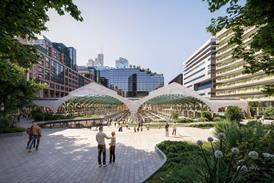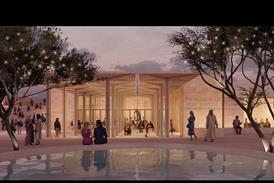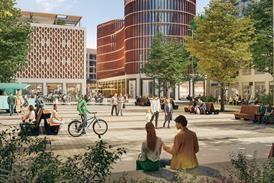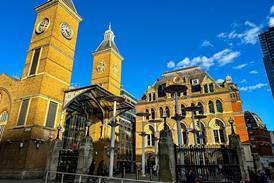Häfele take a look at the first discovery of access control, exploring how requirements have changed and what’s needed in today’s commercial environments
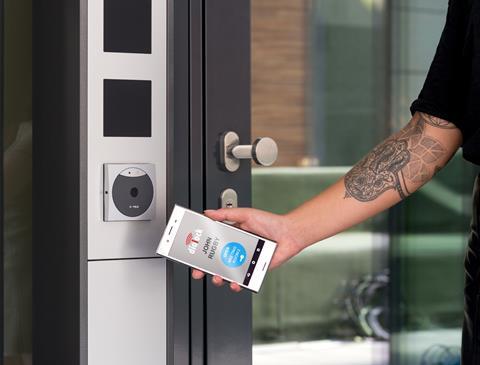
From the very first mechanical wooden locks which were discovered in Assyria – now known as Iraq – as far back as 4000BC, to the Romans’ development of unique metal keys, security features have been present throughout ancient history. Then, in the late 1800s along with the expansion of electricity, the use of time clocks, detailed personal records and facility security became crucial to the corporate environment, eventually evolving into the systems and solutions that we now describe as ‘access control’.
Today, access control is about much more than locks; it allows users to control openings or access points, provides a physical means of granting authorised entry, and adds unique identification and convenience to locking and access management. Systems can be used for the smallest furniture cabinet door, right up to large numbers of lockers, sliding doors, gates, portals, and turnstiles within a resort or complex of any size. Access control is now a necessary part of society, and developers of modern-day systems are continually innovating to make them easy to use and simple to apply to any setting.
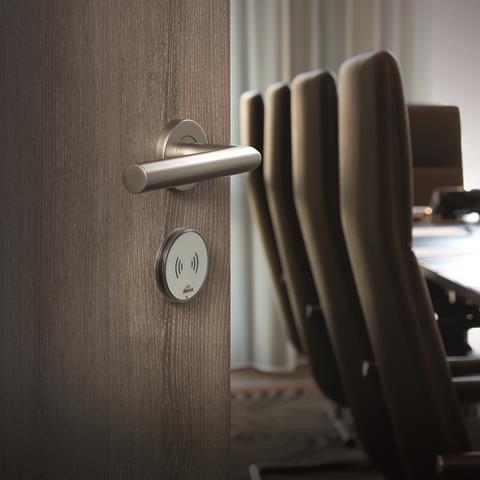
An introduction to Dialock
Dialock, the electronic access system designed and engineered by Häfele, is specifically designed to meet the stringent requirements of commercial environments and has been expertly developed in recent years to provide options for both premium and entry-level budgets.
It has the flexibility to be rolled out to almost any door within a building, whether that’s meeting spaces, conference suites, storage areas or individual rooms, to protect items and increase security for people working in or using the building.
Dialock also has furniture locks a part of the range, suitable for cash desks in bars and restaurants, filing cabinets in offices, or displays for luxury items in department stores, extending its functionality further. All uses of Dialock within a particular space can be controlled with a third party app, fob or keycard making it even easier to operate.
As well as supplying Dialock, Häfele provides support with the planning, delivery, fitting and after sales phases of projects, offering the industry everything it needs to efficiently operate Dialock in their buildings.
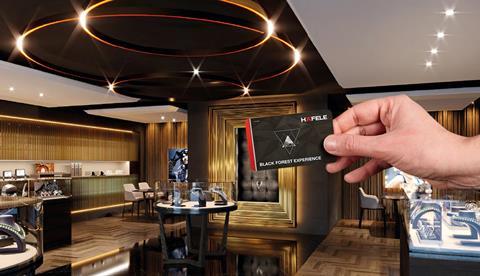
Access control in practice
Access control for commercial buildings is any type of system that enables a property’s staff to control who can access a building, the areas within it, and when. Those used in offices, hotels, leisure spaces, shared residential buildings and more allow the operator to improve both building security and convenience, while systems like Dialock offer a modern-day interface similar to those we’ve come to expect from other apps and smart technology. Here are just some examples of access control in action.
Hotels
To maintain the high levels of convenience that customers expect in a hotel, a traditional lock and key system won’t do the job. Digital access control systems allow hotel owners to maintain the security of guest rooms and safes, reception counters and cash registers, guest amenity areas, meeting and conference facilities, storage rooms, elevators and more. And today, access control in hotels is combined with automation technology to manage digital transactions including check-ins and check-outs, making it a huge time-saving tool for staff.
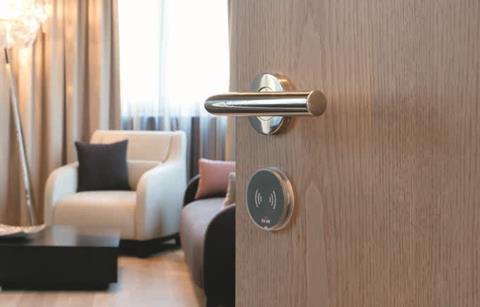
Leisure centres
Leisure centres require advanced security solutions and systems, with a heavy focus on access control. Facilities need to always manage memberships and employee access, particularly in the increasingly popular 24-hour gym centres which operate a skeleton staff. Today, access points including turnstiles and portals integrate with keypad entry systems and biometric access control to take security to the next level, with mobile phone apps also used to gain access. Systems can be enhanced with locker access control and CCTV, ensuring the safety and security of members’ possessions, and staff members.
Healthcare settings
Hospitals and residential care homes are not only made up of members of staff, but also patients and a large volume of visitors passing through the premises. Many high value goods such as computers, laptops, projectors and other IT equipment are kept on-site, as well as the personal possessions of their users and a wealth of confidential documents, medication and surgical equipment, making access control a vital feature to enhance safety and security.
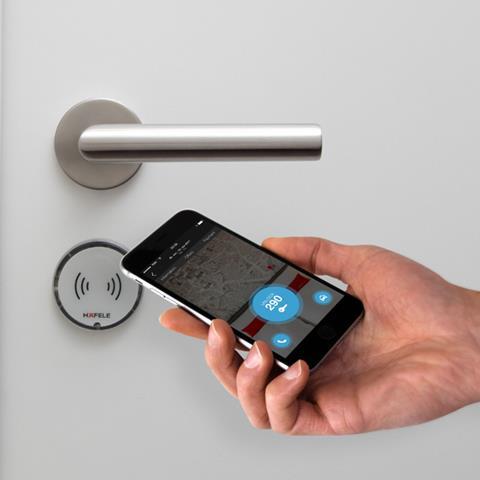
An education on access control
To support the industry in its understanding of access controls, Häfele is offering its newly updated RIBA-accredited CPD, ‘Defining Electronic Access Controls’.
The seminar explores the history of access control systems, the elements that make up modern-day systems and how to correctly specify them. Those taking part will also gain a greater understanding of the elements that make up such systems, and the considerations for different applications.
Häfele’s CPDs are available upon request for in-person delivery, as are virtual CPDs taking place over Microsoft Teams.
Contact the Projects Team to organise a session.


